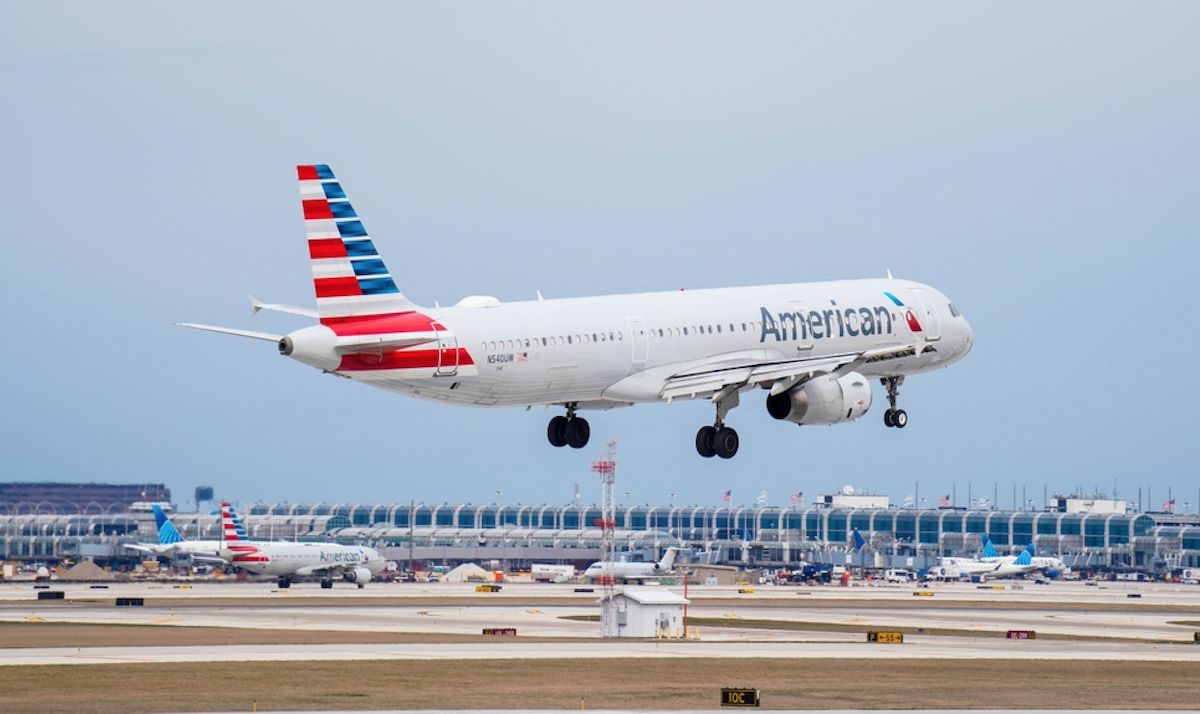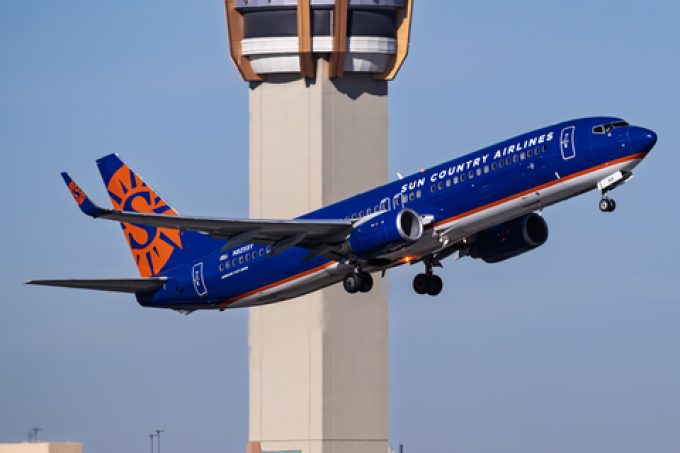American Airlines is reportedly considering consolidating its business with a single credit card partner, potentially by making Citigroup its exclusive partner and dropping Barclays.
The airline’s talks with banks and card networks are ongoing and the timing of an agreement is unknown, CNBC reported Friday (Sept. 20), citing unnamed sources.
A deal could also face scrutiny from U.S. regulators, which in turn could delay or cancel any changes to the current arrangements, according to the report.
Responding to the report, American told CNBC: “We continue to work with all of our partners, including our co-branded credit card partners, to explore opportunities to improve the products and services we provide our mutual customers and bring even more value to the AAdvantage program.”
A Citigroup spokesperson said the bank is always working with its partners to “drive shared value and growth,” while Barclay’s declined to comment, per the report.
American’s current credit card arrangement is unusual, as most brands work with a single issuer, according to the report. The arrangement dates back to 2013, when American merged with US Airways and added US Airways’ card partner, Barclays, while keeping its own partner, Citigroup.
American renewed both relationships in 2016, with Citi being allowed to market its cards online, in direct mail and in airport lounges, and Barclays marketing cards on flights, the report said.
The contracts came up for renewal again in the past year, and any new contract is likely to be for the next seven to 10 years, per the report.
American Airlines expanded benefits under its AAdvantage Business incentive program in July as part of a pivot in its sales and distribution strategy. It began rewarding miles and loyalty points for bookings made through travel agencies, reversing a previous policy that limited rewards to direct bookings.
The company is also one of the four U.S. airlines whose rewards programs are the subject of an inquiry by the Department of Transportation. The DOT ordered the airlines to provide information about their rewards programs, practices and policies, including the devaluation of earned rewards, hidden and dynamic pricing, extra fees and reduction in competition and choice.




